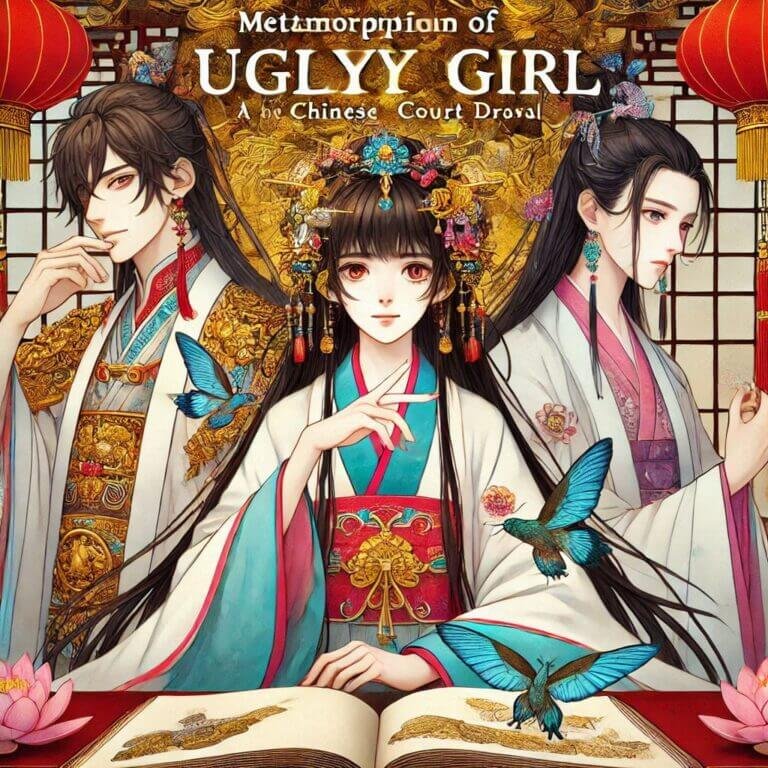“I never considered you a treacherous person, only…”
Only what?
Only that different paths do not make common cause, only that he firmly believed Jin Yunfeng was wrongly accused, only that “a gentleman cultivates the Way and establishes virtue and does not change his principles due to adversity.”
He couldn’t continue and let go of Yan Xiaohan’s sleeve. Dejected, he said, “I’m sorry.”
The sliding hand was suddenly caught and fell into a dry, cool palm.
Yan Xiaohan crouched in front of him: “Wasn’t it you who just said you’d accept being hit, scolded, or punished? I say a few words to you, and you can’t take it? Is your apology so insincere, hmm?”
Fu Shen inexplicably blushed, his heart filled with complex emotions, not daring to look up.
Yan Xiaohan thought about it and felt quite guilty. This noble young master had already suffered through being injured and falling off a cliff, experiencing hardships he’d never encountered before.
Fu Shen didn’t know what to say, so he repeated, “I’m sorry.”
Yan Xiaohan clicked his tongue, “Where’s the sincerity?”
He lifted Fu Shen’s chin with his free hand, making him look directly at him: “Look up. Without even a proper address, who are you apologizing to? The previous one doesn’t count. Start over. What should you call me?”
He originally just wanted Fu Shen to call him “Brother Yan” and apologize, then he wouldn’t trouble him further. Unexpectedly, Fu Shen misunderstood, and after a long silence, timidly and softly said, “…Brother?”
Yan Xiaohan’s entire heart melted at this call, unconsciously tightening his grip on Fu Shen’s hand.
“You… I…”
Yan Xiaohan was also tongue-tied, lifting Fu Shen from the ground, brushing off the grass and dirt, saying with complexity, “…Let’s go.”
Fu Shen hadn’t quite processed this: “That’s… it?”
“That’s it, my young master,” Yan Xiaohan looked down at him, sighing silently in his heart, slightly curving his lips, “Call me again, and I might just abandon darkness for light because of you.”
Fu Shen waved goodbye to him, watching the Flying Dragon Guard’s figure disappear at the end of the mountain path.

